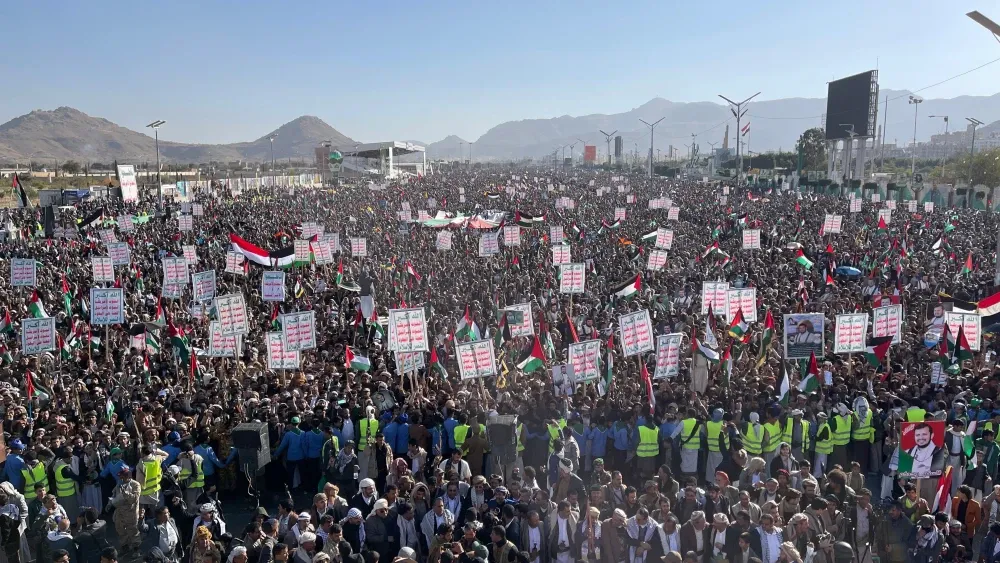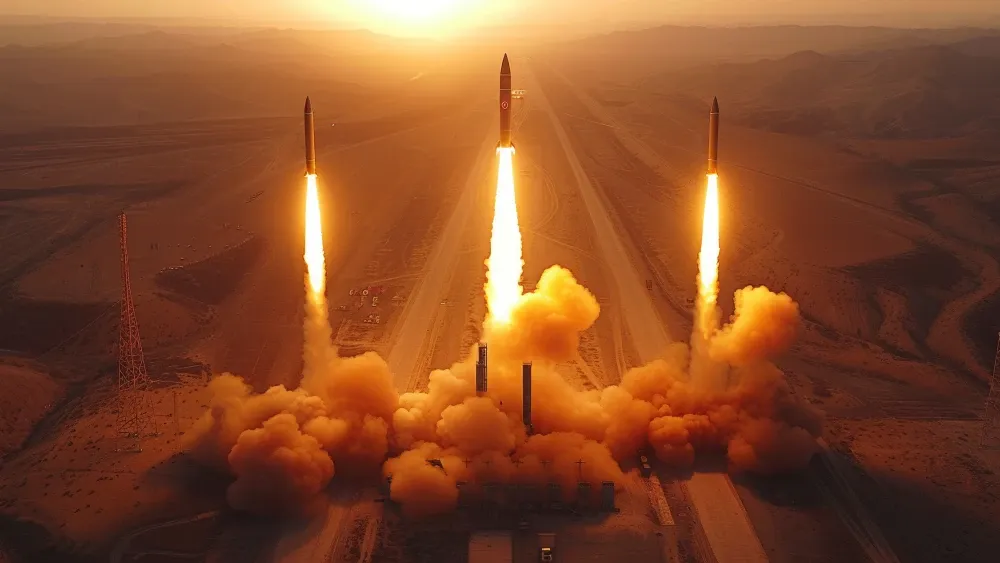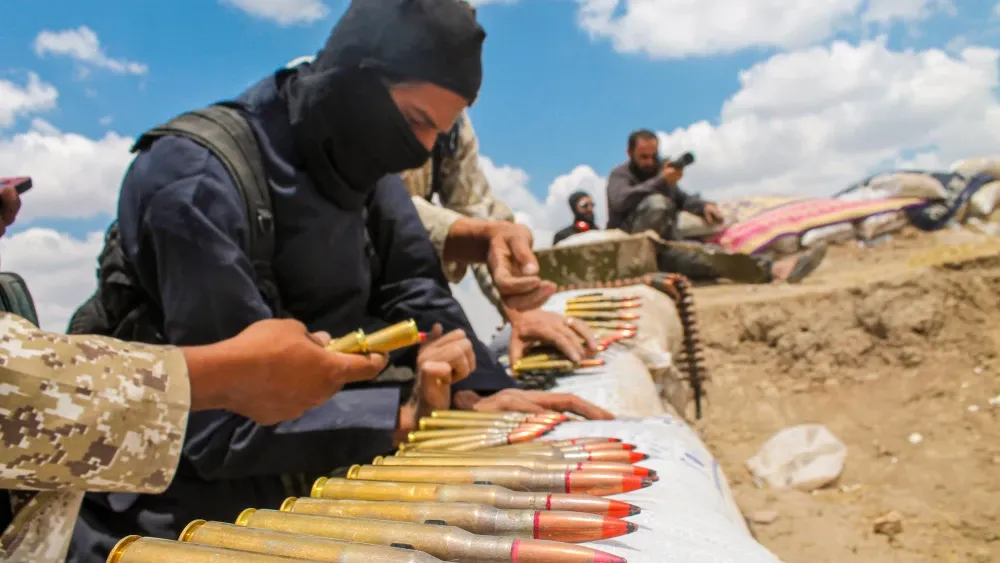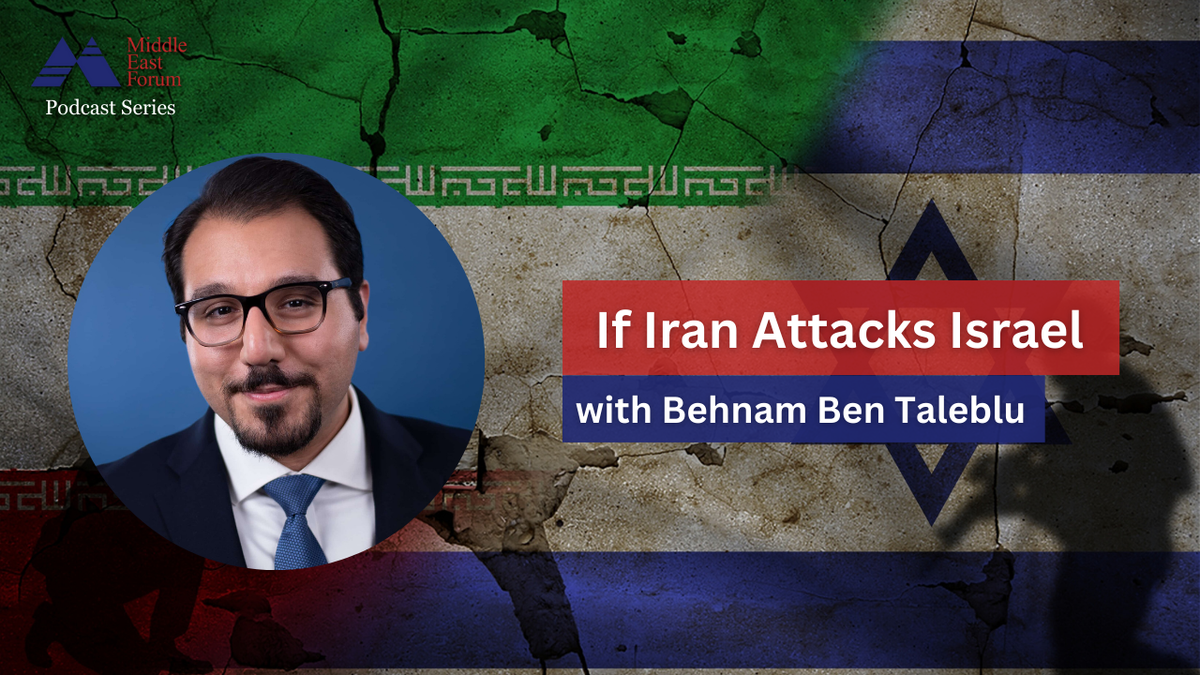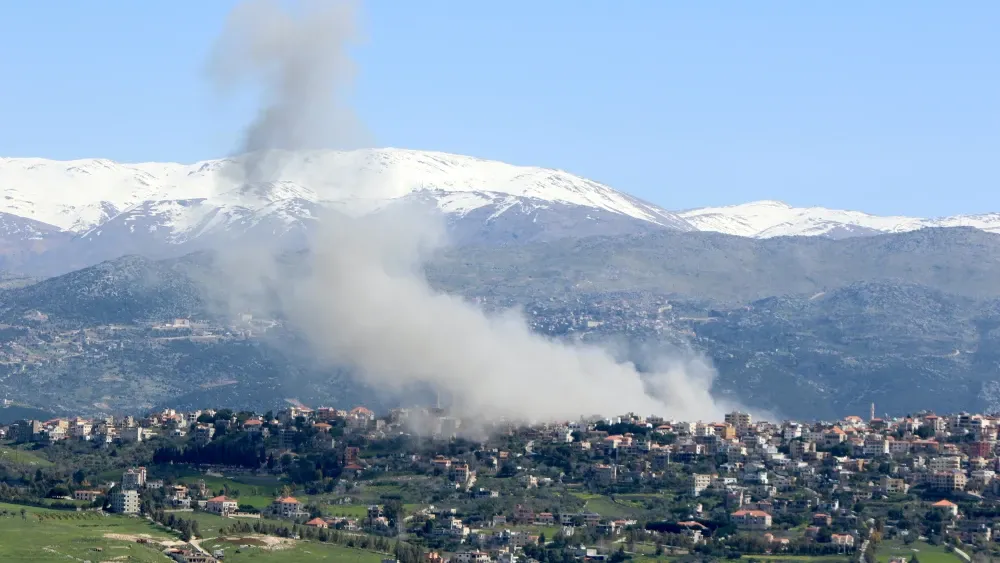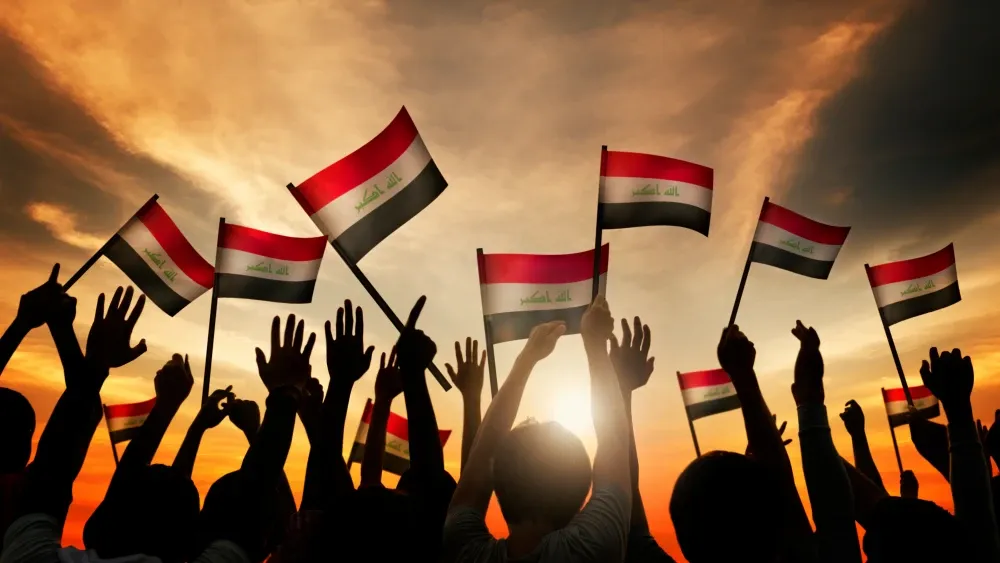| ||
 | ||
| Missiles, Militias, and Misdirection: Iran, Israel, and Turkish Subversion By Ahnaf Kalam ● Sep 13, 2024 Smart Brevity® count: 4 mins...1087 words This edition of the MEF Dispatch includes an analysis of the West’s reluctance to confront Iran and its proxies, recommendations on how to deter Iran’s export of ballistic missiles, and a look at Turkey’s intelligence contradictions and their implications for European security. Additionally, we delve into Iran’s evolving strategy if it attacks Israel, explore the potential for a major confrontation between Israel and Hezbollah, and highlight Iraq’s growing accountability in the wake of a wiretapping scandal. Don’t miss our feature on the new Middle East Quarterly issue, which includes groundbreaking investigations and in-depth analyses. | ||
Middle East Quarterly Fall 2024The Fall 2024 issue of Middle East Quarterly is now available, featuring groundbreaking investigations and in-depth analyses. Why it matters: Stay informed on the latest research and insights into key geopolitical issues affecting the Middle East and beyond. Expert insights:
And more… | ||
The West’s Reluctance to Confront Iran and Its Proxies Fuels Further AggressionThe West’s reluctance to confront Iran and its proxies has allowed the Houthi rebels in Yemen to gain strategic advantages. Why it matters: This inaction has led to the near closure of the Gulf of Aden/Red Sea route, a key global maritime trade route, significantly impacting international shipping. By the numbers: Container shipping through the Red Sea has dropped by 90% since the Houthi campaign began in November, adding $1 million in fuel costs per trip for alternative routes around Africa. What’s next: Without a change in strategy, the Houthis’ success will continue to embolden similar activities by Iran-backed groups, posing further threats to global trade and stability. | ||
How to Deter Iran’s Export of Ballistic MissilesIran has shipped ballistic missiles to Russia, raising global security concerns. Why it matters: Allowing Iran to export ballistic missiles could lead to widespread conflict and instability, with potential targets far beyond the Middle East. Details: Iran’s missile sales could transform it into a global threat similar to Pakistan or North Korea, destabilizing regions from Ukraine to Venezuela. Driving the news: Recent intelligence reports confirm the shipment of Iranian missiles to Russia, intended for use in the Ukraine conflict, escalating tensions. What they’re saying: “Iran’s missile exports are a clear violation of international norms and pose a severe threat to global security,” said defense analyst Shay Khatiri. The big picture: Iran’s actions not only challenge regional stability but also test the resolve of international powers to enforce non-proliferation agreements. | ||
Turkey Soft-Pedals ISIS-K Threats, Endangers European SecurityTurkey’s intelligence agency contradicts U.N. findings, hiding Erdoğan’s lackluster efforts against terrorist networks. Why it matters: Turkey’s downplaying of the ISIS-K threat risks a cascade of conflict and instability, with significant implications for European security. Driving the news: The Turkish National Intelligence Organization (MIT) recently released a report asserting that ISIS-K’s structures have been eliminated, contradicting U.N. Security Council findings. What they’re saying: “Turkey has become a hub for ISIS-K operations, with links extending into Europe,” stated a U.N. panel of experts. Yes, but: Turkey’s lack of transparency and political priorities undermine the campaign against terrorism, allowing ISIS networks to continue operating within its borders. What’s next: Without credible efforts to address the ISIS-K threat, Turkey’s actions could lead to increased terrorist activities in Europe. | ||
Behnam Ben Taleblu: If Iran Attacks IsraelIran’s evolving strategy in its shadow war against Israel and the U.S. poses new threats, says Behnam Ben Taleblu in a new MEF podcast. Why it matters: The escalation in Iran’s missile capabilities and strategy increases the risk of regional conflict and instability, with Tehran leveraging its arsenal to challenge Western deterrence. Driving the news: Recent intelligence reports highlight Iran’s shipment of ballistic missiles to Russia and its use of precise missiles in attacks against Pakistan and Israel. Yes, but: While retaliation is necessary, it must be calibrated to avoid broader conflict and ensure proportionality in response. What’s next: The U.S. or its allies should consider retaliating against Iranian military bases for any use of these missiles, holding Tehran responsible rather than the buyers. | ||
Israel Is Turning Its Sights on HezbollahA reckoning between Israel and Hezbollah in Lebanon appears imminent as Israel ramps up northern operations. Why it matters: With 60,000 Israeli refugees from northern communities, Israel’s actions signal a potentially major confrontation with Hezbollah, escalating regional tensions. Driving the news: Israeli aircraft recently struck 30 targets in southern Lebanon, including Hezbollah rocket launchers, broadening their operations on the northern front. What they’re saying: “The center of gravity is moving to the north,” said Israeli defense minister Yoav Gallant, indicating preparations for a ground operation in Lebanon. Yes, but: While Israel aims to dismantle Hezbollah’s capabilities, the group’s backing by Iran and alliance with Assad’s Syria present a formidable challenge. What’s next: Further escalation seems likely, with Israel targeting Hezbollah operatives wherever they may be located in Lebanon. | ||
The Silver Lining in Iraq’s Wiretapping ScandalIraqi journalists exposed a wiretapping scandal involving high-level officials, highlighting Iraq’s growing accountability. Why it matters: Unlike many Arab nations, Iraqis feel they can hold their leaders to account, signaling a shift towards greater transparency and democracy. Driving the news: Seven suspects, including officials from Prime Minister Mohammed Shia al-Sudani’s office, were arrested for alleged wiretapping, sparking demands for Sudani’s resignation. What they’re saying: “This is an inflated lie,” said Fadi al-Shammari, denying the allegations and blaming one aide for the malfeasance. Yes, but: The scandal could affect Sudani’s efforts to win a second term, despite his reputation for competence and financial cleanliness. What’s next: Time will tell if the scandal is as severe as critics claim, but its exposure by the press underscores Iraq’s evolving political culture. | ||
| The Middle East continues to simmer with threats to Western interests. Iran's missile exports and proxy warfare demand a firm response, yet the West dithers. Turkey's dangerous game with ISIS-K endangers Europe. Israel faces a looming confrontation with Hezbollah. These developments carry grave implications for global security and commerce. Western policymakers must shed their illusions and confront these challenges head-on. Decisive action is needed to counter Iran's aggression, pressure Turkey to change course, and support Israel against terrorist threats. Anything less invites further instability and emboldens our adversaries. The West possesses the power to shape events in the Middle East; it must find the will to use it. Sincerely, | ||
| Feedback Please share your thoughts on this edition. Was this edition useful? Your responses are anonymous | ||
| Powered by | ||
| ||



